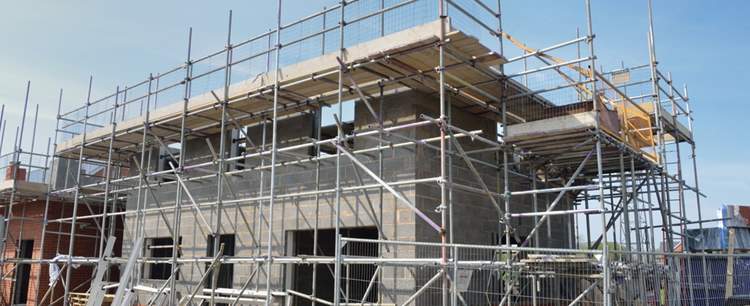Are you planning to renovate your home or buy to let property? Plenty of property owners seem to have chosen to do so – avoiding the hassle and expense of moving house – and instead, creating a new home that is:
- spruced up, looking refreshed and an altogether more comfortable home in which to live;
- extended to give you more space for a growing family or to seize the opportunities for working from home;
- completely rehabilitated from a building that had been previously abandoned and left semi-derelict – more than 80% of British property buyers say they are prepared to take on such a major renovation project, according to Property Reporter on the 16th of March 2020; or
- a buy to let property remodelled in a way designed to target a particular market segment of tenants – and, possibly, generate a higher rental yield.
A more detailed look at the benefits of renovating your property was given in a guide to renovating published by Homebuilding & Renovating on the 11th of March 2021.
With the reasons and opportunities as varied as this, there may be a danger in overlooking one of the most fundamental precautions to take before embarking on any property renovation project. That is to tell your insurance company exactly what you propose – and, if necessary, arrange suitable, standalone renovation insurance.
Why worry about the property insurance?
It might have been some time since you looked at the fine print of your insurance documents. Somewhere, though, you are more than likely to read that specific exclusions apply to any loss or damage to the existing structure of the building during renovation work, alterations, or the addition of an extension to the home.
Unless you have extensive experience of building works, it can often be quite difficult to gauge whether the project you are planning is likely to involve any structural alteration to your property – so you do not know whether your insurer’s exclusions are likely to apply or not. The best way of discovering that, of course, is to ask your insurer. Unless you are planning no more than a cosmetic lick of paint, tell your insurer what is planned and the extent of the works, asking about the status and continued validity of your building insurance.
You have told your insurer – and exclusions apply
If yours is in any way a major renovation project or involves structural changes – such as those involved in building an extension, for example – your insurer is likely to advise that the risk of loss or damage to the existing structure and fabric of the building during such works will be excluded from cover.
Clearly, you continue to need that cover against the risk of loss or damage to the existing structure of the building – so, to fill that absence, purpose-designed, standalone renovation insurance has been formulated specifically to provide the protection your property continues to need while building works are in progress.
When the works are completed, of course, you will need to review your current, regular home insurance and update it in a way that recognises the value and extent of the renovations you have made – whether the property is eventually intended for your own residential use or to be let to tenants.
Home renovation insurance
As we explain in our product page on home renovation insurance, the product restores the protection you need against the risk of loss or damage to the existing structure of the building while renovation work is in progress.
A further area of vulnerability during any renovation work is the fact that, if you – or tenants – need to move out while works are in progress, your regular home or landlord insurance is likely to regard the premises as becoming unoccupied once no one has been there for 30 to 45 consecutive days (the exact period varying from one insurer to another).
The reasoning argued by insurers is that an unoccupied property – even one that is attended by builders and other tradesmen during the day – is more vulnerable to risks of loss or damage.
This is another gap that may be plugged by your standalone renovation insurance, which restores all the safeguards your property needs while it remains unoccupied.
In addition to providing standalone protection for your home, renovation insurance is also extremely flexible. Whereas you would normally expect to buy a full 12 months of cover for most other types of general insurance, with renovation insurance you may arrange cover for periods of less than a year. If the building works are scheduled to last just six months, let’s say, you may buy renovation insurance for that period only.
If you are considering renovating your home or let property, please contact us today on 01325 346328 to discuss your insurance needs.







